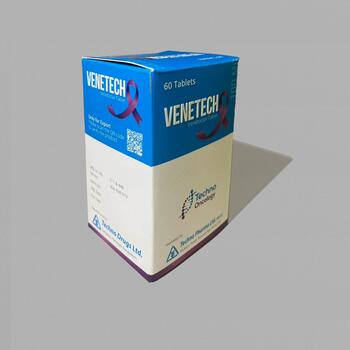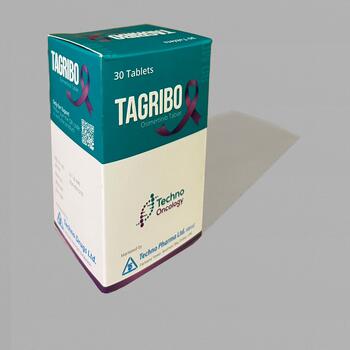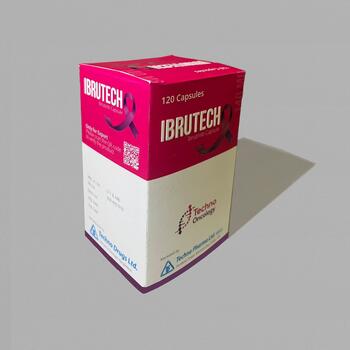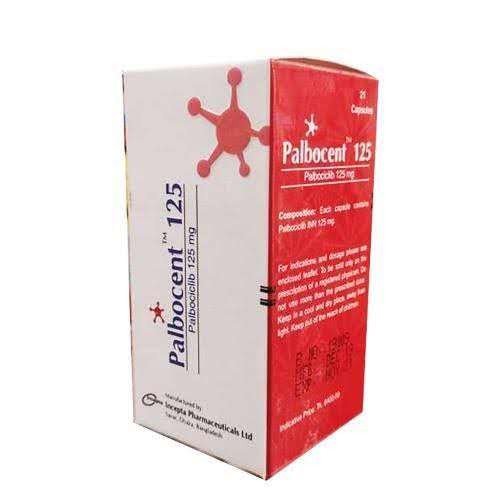布加替尼90 ,(Brigatinib )
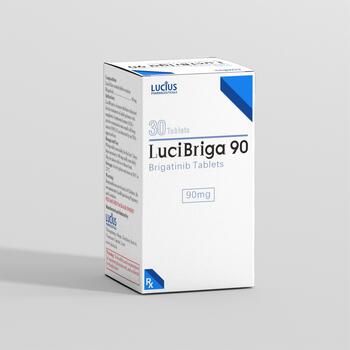
1. Composition:
The active ingredient of Brigatinib is Brigatinib itself, with a molecular formula of C29H39ClN7O2P and a molecular weight of 584.10. Brigatinib is a small-molecule tyrosine kinase inhibitor (TKI) with specific targeting effects.
2. Pharmacological Effects:
Brigatinib is mainly used to treat ALK gene rearrangement-positive metastatic non-small cell lung cancer (NSCLC). This drug inhibits the growth and spread of cancer cells by blocking the critical ALK mutation pathway in cancer cells, demonstrating good efficacy particularly in patients who have developed resistance to first-generation ALK inhibitors like Crizotinib.
-Indication: The introduction of Brigatinib has significantly improved the survival rate of ALK-positive non-small cell lung cancer patients, especially those whose conditions progressed after treatment with Crizotinib.
3. Dosage and Administration:
Brigatinib is typically taken in the form of oral tablets, with a recommended starting dose of 90 mg once daily for 7 days. If the patient tolerates it well, the doctor may increase the dose to 180 mg, continuing daily. The medication should be taken at least two hours before or after meals, and patients must strictly follow the physician’s instructions without altering the dosage on their own.
4. Development History:
Brigatinib was developed by Ariad Pharmaceuticals and received approval from the U.S. Food and Drug Administration (FDA) in 2017 for the treatment of ALK-positive non-small cell lung cancer patients. The drug was developed to address the issue of resistance encountered after using the first-generation ALK inhibitor Crizotinib.
5. Mechanism of Action:
Brigatinib is an ALK tyrosine kinase inhibitor that works by inhibiting multiple mutated kinases such as ALK and ROS1, blocking the cell signaling pathways mediated by these kinases, thereby suppressing the proliferation and metastasis of cancer cells. Brigatinib is effective not only against common ALK mutations but also against complex mutations resistant to Crizotinib (e.g., G1202R).
Its mechanism's versatility provides significant advantages in treating resistant non-small cell lung cancer. Furthermore, Brigatinib is also effective in patients with brain metastases because it can penetrate the blood-brain barrier, acting on cancer cells in the central nervous system.
6. Summary:
Brigatinib is a second-generation ALK inhibitor specifically used for treating ALK-positive metastatic non-small cell lung cancer, especially after the failure of first-generation ALK inhibitors (such as Crizotinib). It inhibits the growth and spread of cancer cells by blocking ALK and other mutated tyrosine kinases, and it has demonstrated good efficacy in patients with brain metastases.



